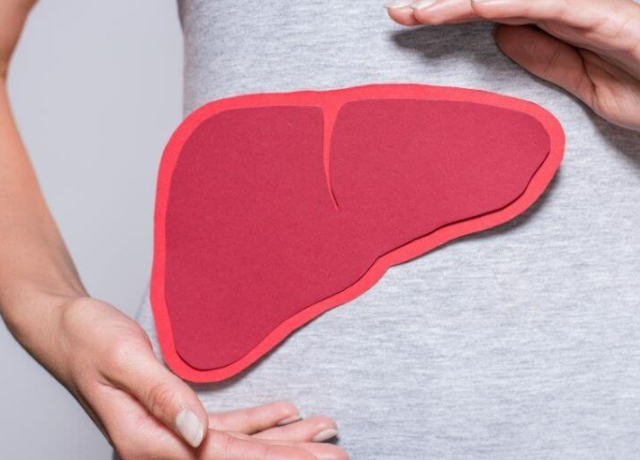Liver failure occurs when your liver isn’t working well enough to perform its functions and it is one of life-threatening condition that demands urgent medical care. Liver play an vital important in your body, because of it you need to take care of your liver.
There are two types of live failure, Acute and Chronic. Chronic liver damage to your liver builds up over time and causes it to stop working. The liver failure symptoms include nausea, loss of appetite, and blood in the stool and the treatments include avoiding alcohol and avoiding certain foods.
Symptoms of Liver Disease and Liver Failure
The early symptoms of liver failure are often similar to those of liver diseases and other conditions. Because of this, liver failure may be tough to diagnose at first. Early symptoms include:
- Nausea
- Loss of appetite
- Fatigue
- Diarrhea
But as liver failure progresses, the symptoms become more serious, needing care right away. These symptoms include:
- Jaundice
- Bleeding easily
- Swollen belly
- Mental confusion (known as hepatic encephalopathy)
- Sleepiness
Causes liver failure
Many different diseases and conditions cause liver failure, including Hepatitis B and C, non-alcoholic fatty liver disease, alcohol abuse and hemochromatosis.
In many cases, chronic liver failure results from cirrhosis. Cirrhosis is the scarring of the liver from repeated or long-lasting injury, such as from drinking alcohol excessively over a long period of time or chronic hepatitis infection. As scar tissue replaces healthy liver tissue, the liver loses its ability to function.
Acute liver failure is most often caused by:
The most common causes of chronic liver failure include:
- Hepatitis B: It makes your liver swell and stops it from working the way it should.
- Hepatitis C: If you have it long-term, it can lead to cirrhosis.
- Long-term alcohol consumption: It also leads to cirrhosis.
- Hemochromatosis: This inherited disorder causes your body to absorb and store too much iron. It can build up in your liver and cause cirrhosis.
Other conditions that can lead to liver failure include:
- Hepatitis A: Contact with food or water contaminated with the hepatitis A virus, or with a person who’s infected with virus, can cause liver inflammation. This type usually goes away on its own.
- Autoimmune hepatitis: In this type, your body’s immune system, not a virus, attacks your liver and causes inflammation.
- Cirrhosis: Things like drinking alcohol for many years or having hepatitis scar your liver can make it hard or impossible for your liver to work.
- Primary sclerosing cholangitis: This disease slowly damages your bile ducts. It mostly affects young men.
- Oxalosis: This is when your kidneys can’t get rid of calcium oxalate crystals through your urine.
- Wilson’s disease: People with this rare inherited disease store too much copper in their brain and liver.
- Alpha-1 antitrypsin deficiency: This genetic condition can lead to lung or liver disease.
- Liver cancer: People with long-term hepatitis B or hepatitis C often get this.
- Liver adenoma: This is when benign liver tumors are on an otherwise healthy liver. This often affects women between ages 20 and 44.
- Fatty liver disease: Extra fat cells can build up on your liver. Nonalcoholic fatty liver disease often affects people who are overweight, obese, or have high cholesterol. Alcohol-related fatty liver disease affects heavy drinkers.
- Alcoholic hepatitis: Liver inflammation that results from heavy or long-term drinking.
- Alagille syndrome: A genetic disorder that results in fewer bile ducts than normal in the liver.
- Primary biliary cholangitis (PBC): Over time, this disease destroys your small bile ducts. You might still hear it called by its former name, primary biliary cirrhosis.
- Galactosemia: People with this condition can’t process galactose, a sugar found in many foods. It can cause liver damage.
- Lysosomal acid lipase deficiency (LAL-D): With this genetic condition, you can’t produce an enzyme called lysosomal acid lipase (LAL), which helps your body break down fats and cholesterol in your cells. As a result, fats stay in your liver and cause damage.
There are the symptoms and causes of liver failure, if you have any of these symptoms you need to check with your doctor. The doctor diagnoses liver failure based on your symptoms, your medical history and the results of tests (blood tests, urine tests, abdominal imaging).





